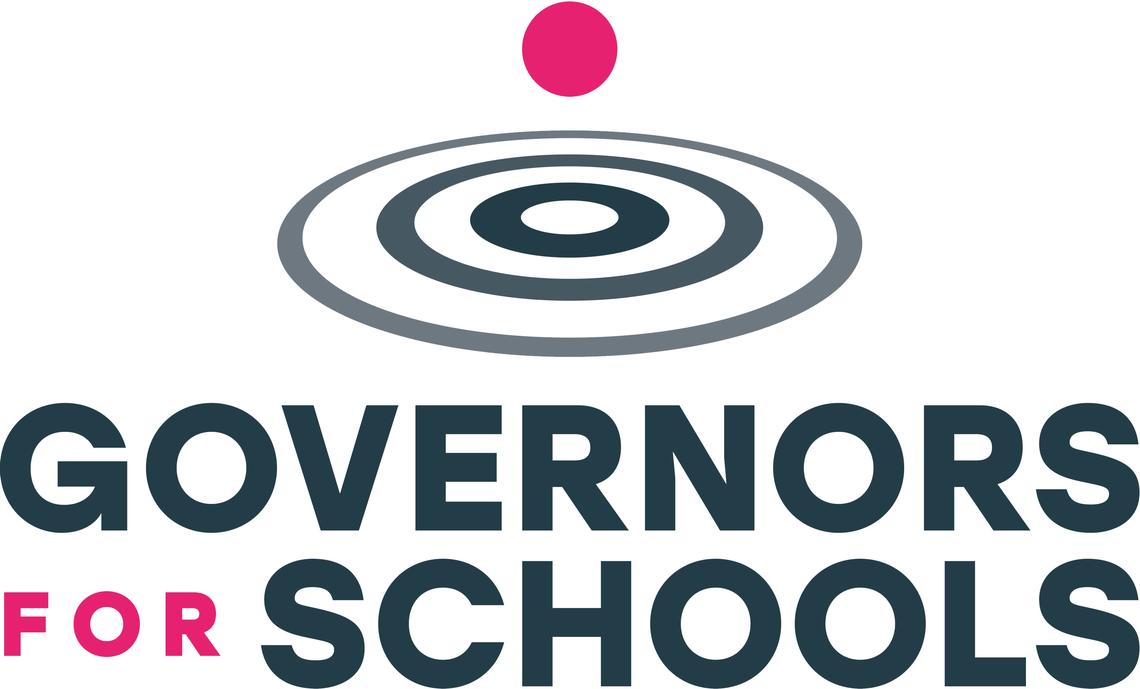School Governor Voluntary Role
The role of a School Governor is strategic, and not operational. You'll be working as a board member to support and challenge the school leadership. If interested, register and apply for this role directly on website: governorsforschools.org.uk
School governors help schools run effectively
They have 3 core functions:
- Planning the strategic direction of the school
- Overseeing financial performance of the school and ensuring money is well spent
- Holding the headteacher or school leadership to account
Governors don’t get involved with the day to day running of a school, instead supporting and challenging the school’s leadership team to drive school improvement. Governors usually attend around 6 meetings a year. Being a school governor is a commitment and a responsibility, but offers you the chance to see first-hand the impact you can make in improving education for children in your community.
You don’t need to be a parent or teacher
While parents and those with education experience make great governors, neither are requirements to volunteer. Many schools want an outside perspective and rely on those with business acumen to bring challenge to the board.
Commit the time to the role
Being a school governor is a responsibility – but it comes with rewards. Our volunteer survey found that on average, governors spend around 7 hours a month on governing duties. The term of office for a governor is 4 years.
Support schools in a different part of the country
Most volunteers join a school board in their local community, but you can also use your skills to support schools in areas where there are fewer volunteers. By becoming a remote governor you can join board meetings via video link, preparing for and contributing to meetings in the same way as other governors. Speak to your Partnerships Manager for more information.
Who can be a school governor?
You don’t need to be an experienced professional – it’s about attitude as well as expertise
School governing boards need skilled people to help them run effectively, but both hard and soft skills are needed around the table. Whether you’ve spent 20 years as an accountant or are in the earlier days of your career, schools need soft skills such as problem solving or negotiation as much as specific expertise.

